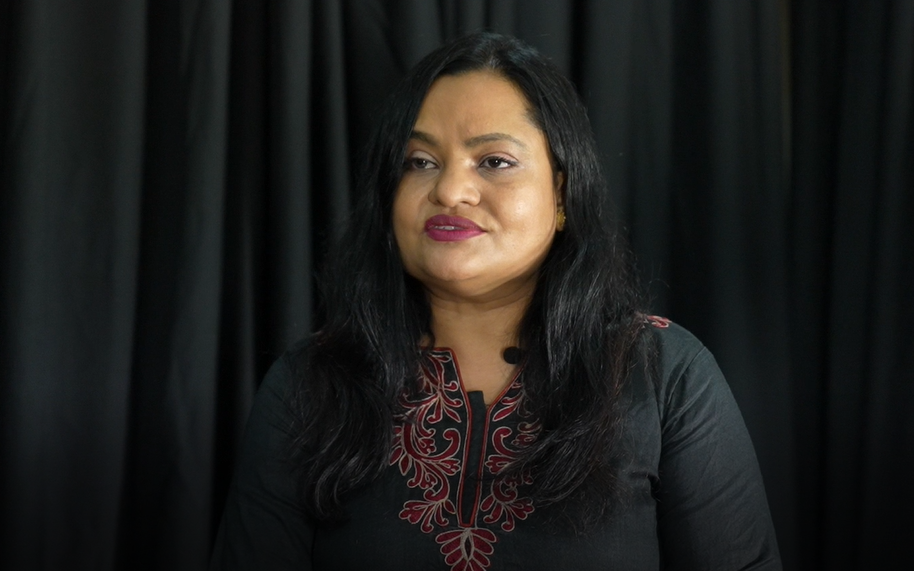The government has been working over the years to reduce teen pregnancy but despite several interventions, including public awareness and education campaigns, the issue continues to be prevalent in society.
“What I will tell you, it is very prevalent, it is very prevalent too in more communities than others,” Minister of Human Services and Social Security, Dr Vindhya Persaud told the News Room during a recent interview.
She said her ministry continues to work along with the Ministry of Education and the United Nations Population Fund (UNFPA) to educate young girls.
“It also has to do with lifestyle choices, exposures, if they are positive role models, if they are persons who can influence young people,” Minister Persaud said.
She explained that if a teen girl becomes pregnant, the government will focus on securing her and her baby’s future.
“If it does happen to someone, they become pregnant, they still need that opportunity to get an education, to have a job eventually, and to be able to fend for themselves, and I know that they are getting support from the state.”

A widespread prevention awareness campaign is ongoing, predominantly in rural and hinterland communities.
“Through all of the ministries, we’re also doing a lot of training of peer educators, and also those who are already in the system like educators and people in health in particular, to deal with this. We’re looking at our internal staff, also at our state care institutions to work with girls who come to us.”
The Pan American Health Organization/World Health Organization (PAHO/WHO) and the Ministry of Health in 2021, conducted a field study in Region Nine aimed at addressing teen pregnancy.
Coming out of that study, challenges related to comprehensive health education; engagement; practices, and the utilisation of services for sexual and reproductive health among others were uncovered.
PAHO/WHO recommended changes to legislation which limit adolescent access to contraception. It was also revealed that there is limited knowledge of contraception.
Girls who may want to avoid pregnancies had no knowledge where to obtain help and face barriers such as accessing contraceptives based on their age and cultural barriers.
“The legislation also has to follow society’s reality and change to make absolute social protection to adolescents. Adolescents who may want to avoid pregnancies may not be able to do so due to knowledge gaps and misconceptions on where to obtain help,” PAHO/WHO had stated.
Meanwhile, PAHO/WHO’s study revealed a significant spike in teen pregnancy in Region Nine for 2021. Of the 880 births recorded in the region, 30 per cent were mothers under 19.
Girls as young as 12 and 13 were found to be pregnant and according to PAHO/WHO report, it was evident from interactions with the girls that the significant contributing factor for their situation was violence in the home.
“We need to analyse and discuss openly and tackle all the signals of sexual abuse among family members or external individuals,” PAHO/WHO stated while calling for a change to the legislation to allow for absolute protection to adolescents.






